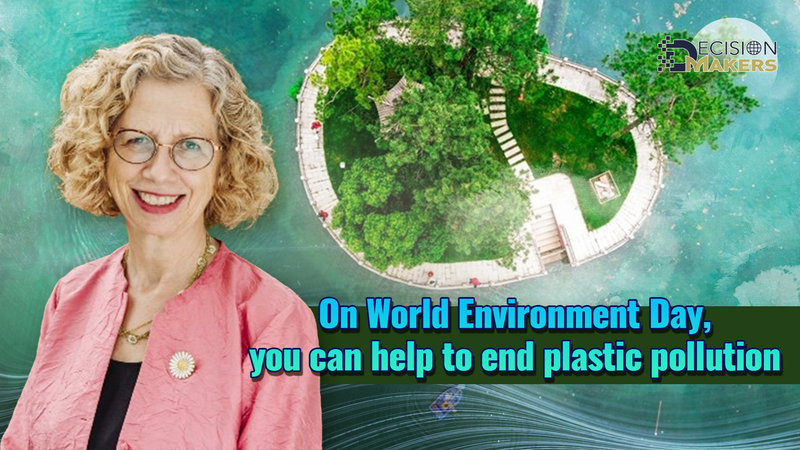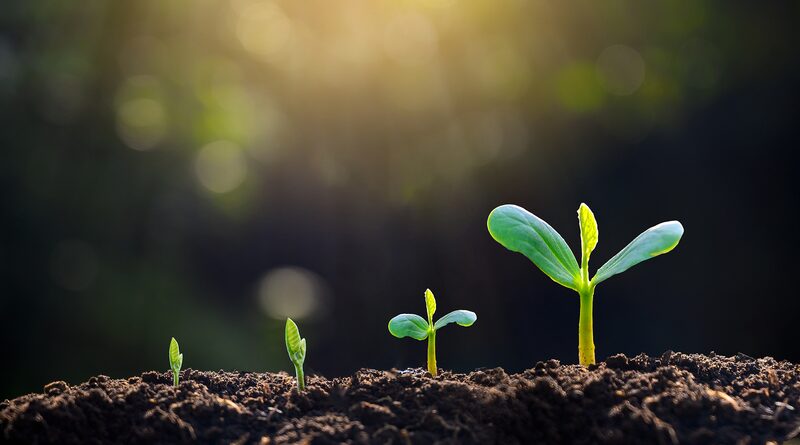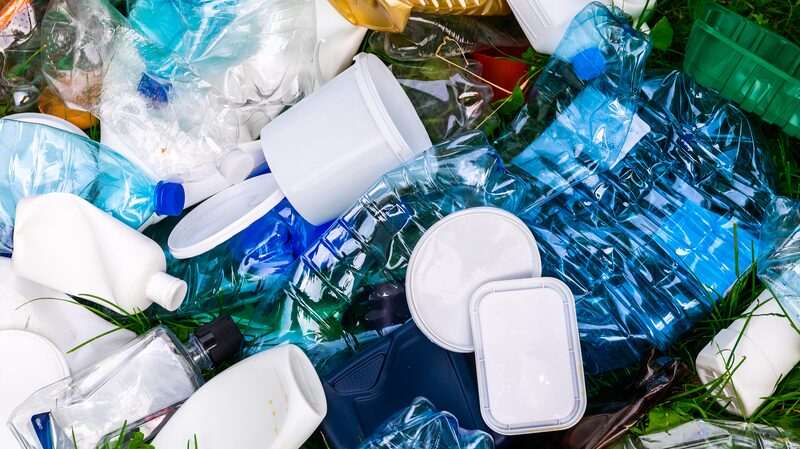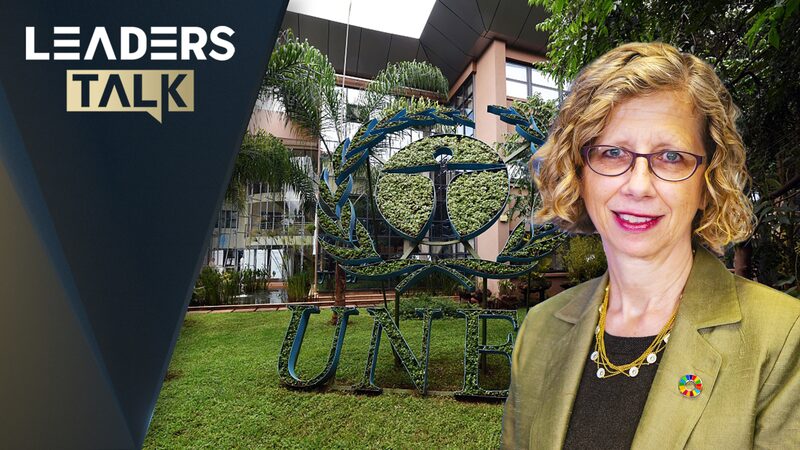Did you know your morning coffee might come with a side of microplastics? 
This #WorldEnvironmentDay, the UN Environment Programme (UNEP) and the Republic of Korea are rallying the world to #BeatPlasticPollution. Here’s why it matters:
 Plastic’s Double-Edged Sword
Plastic’s Double-Edged Sword
Plastics save lives in hospitals and power green tech, but our throwaway culture is drowning the planet. Every year:
- 11 million tons of plastic flood oceans
- 13 million tons poison soil
- Microplastics reach Everest’s peak and the Mariana Trench’s depths
 The Hidden Cost of Convenience
The Hidden Cost of Convenience
Plastic pollution could cost the global economy up to $281 trillion by 2040. Imagine:
- Tourist beaches buried in trash
- Flooded neighborhoods from clogged drains
- Fishermen catching more bottles than fish
 Your Move, Gen Z!
Your Move, Gen Z!
UNEP’s Inger Andersen says ending plastic pollution isn’t just eco-friendly—it’s essential for human health, economies, and businesses. From reusable bottles to supporting policy changes, every action counts. Ready to flip the script?
Reference(s):
On World Environment Day, you can help to end plastic pollution
cgtn.com
 NewspaperAmigo – Your Global News Buddy
NewspaperAmigo – Your Global News Buddy 
















